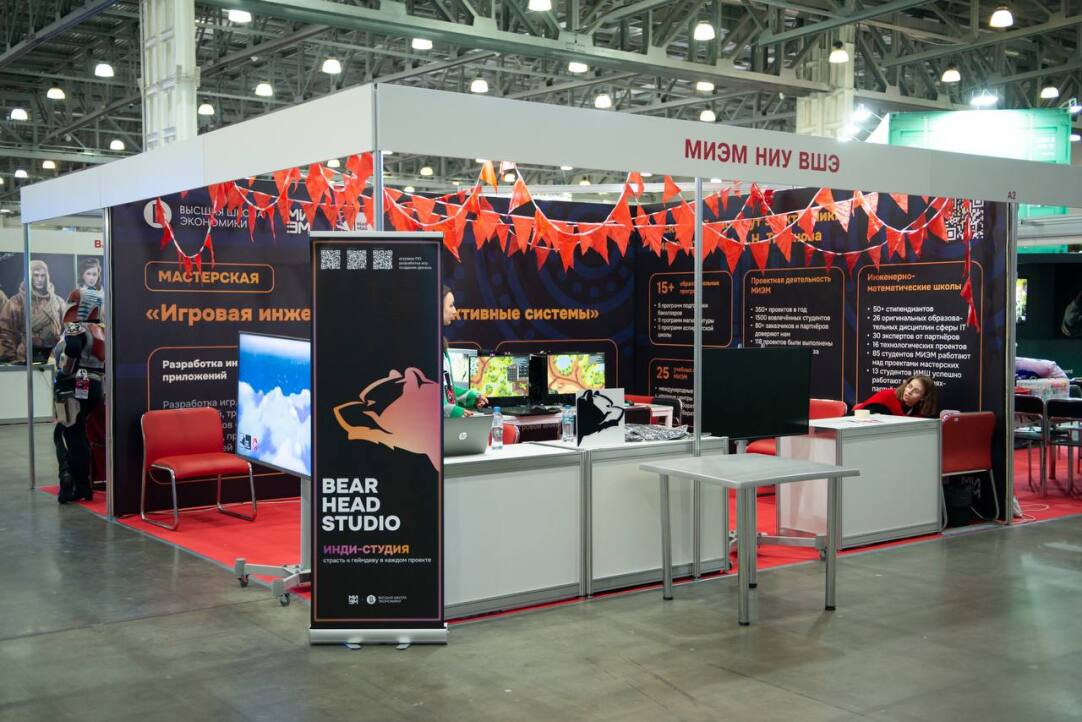
HSE Presents Claw Engine at Major Gaming Industry Expo
From November 29 to December 1, 2024, members and participants of the ‘Game Engineering and Interactive Systems’ workshop at the HSE Tikhonov Moscow Institute of Electronics and Mathematics (MIEM), took part in the largest gaming event of the year—RedExpo. Together with the student indie studio Bear Head Studio, they showcased their proprietary development, the Claw Engine, a generative AI-powered tool for game creation. This year, the workshop continues to refine the product and is already working on its first game using the engine.

‘One of My Goals Is to Encourage the Exchange between Russian and Mexican Philosophies’
Jorge Luis Méndez-Martínez, Research Fellow at the International Laboratory for Logic, Linguistics and Formal Philosophy, was named the winner of a competition of the National Council for Sciences, Technology and Humanities of Mexico. He was selected from hundreds of applicants for the position of Researcher for Mexico and will be working on a project on the philosophy of sound and auditory perception and the history of science in Mexico, Russia, and the Soviet Union. The HSE News Service talked to Mr Méndez-Martínez about the competition, his projects,and how playing the guitar helps him conduct research.
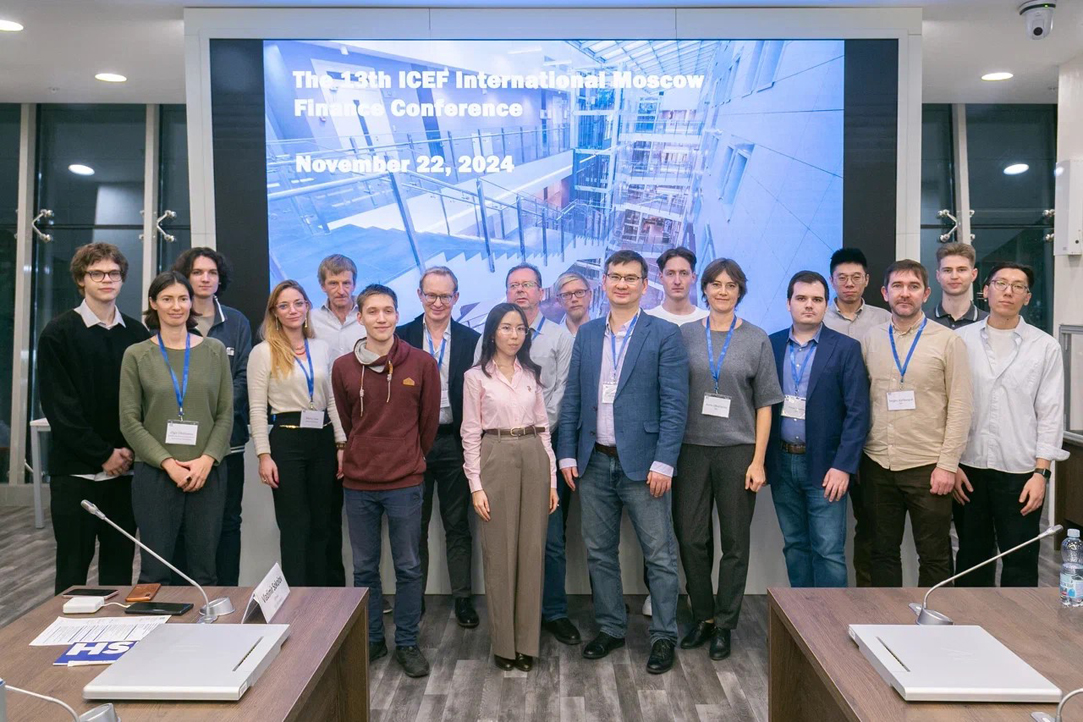
LFE-ICEF International Finance Conference: Exchanging Ideas and Building Networks
On November 22, 2024, the International Laboratory of Financial Economics (LFE, ICEF HSE) hosted the 13th International Moscow Finance Conference, bringing together researchers and experts from various countries to discuss current issues in financial economics. In his welcoming speech, Vladimir Sokolov, Head of the Laboratory, emphasised the significance of financial market research for the global economy.
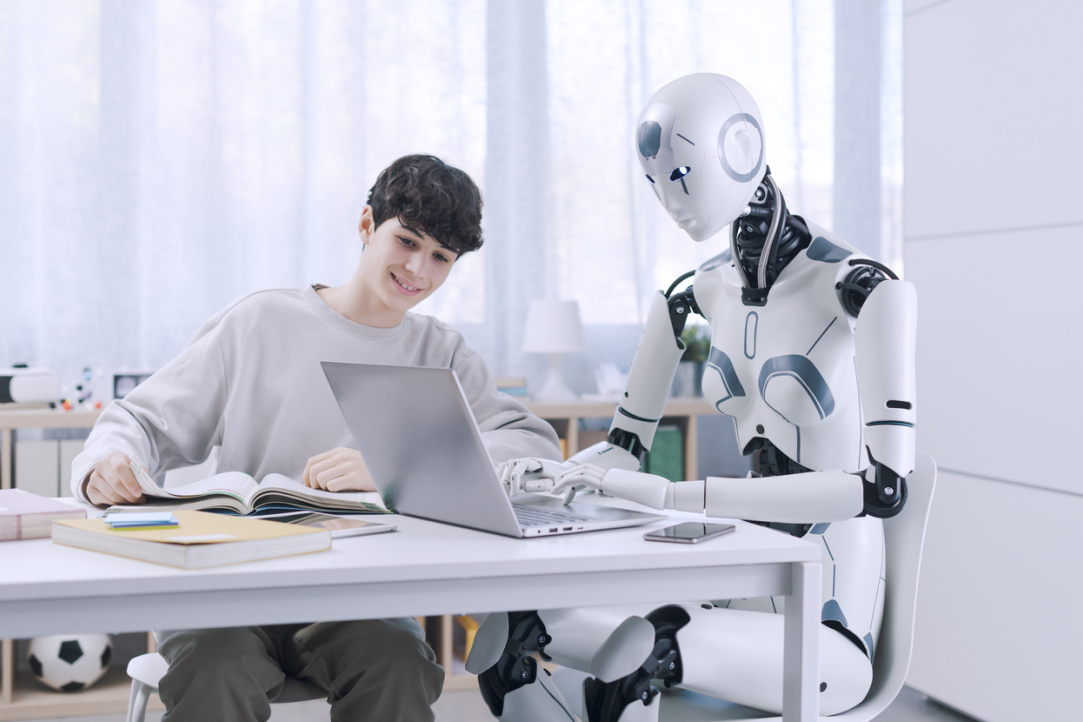
Taming the Element: How AI Is Integrating into the Educational Process Around the World
Artificial intelligence is gradually becoming an indispensable part of higher education. Both students and teachers use it to reduce the volume of routine tasks and expand their capabilities. The limitations and prospects of AI are discussed in the report ‘The Beginning of the End or a New Era? The Effects of Generative Artificial Intelligence (GAI) in Higher Education,’ published in the journal Modern Education Analytics, under the scientific supervision of HSE Academic Supervisor Yaroslav Kuzminov.
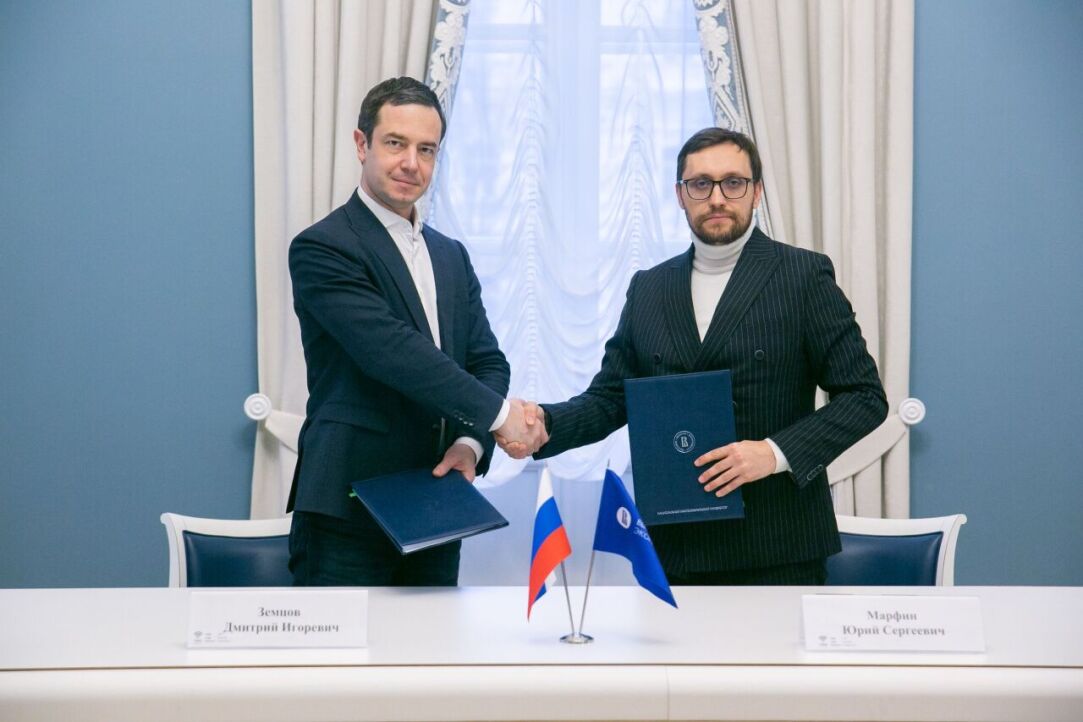
HSE University and Pacific National University Sign Research Agreement
The parties concluded the agreement on November 29 in Moscow at HSE University’s campus on Pokrovsky Bulvar. The document was signed by Pacific National University Rector Yury Marfin and HSE University Vice Rector Dmitry Zemtsov.
.jpg)
‘We Need Our Own AI Models Trained on Local Data’
The digitalisation of the economy and the rapid development of artificial intelligence (AI) technologies pose new challenges for antitrust authorities worldwide. Major players in the AI market, equipped with significant resources, can block new entrants and set anti-competitive prices. Additionally, the use of AI raises increasingly complex ethical questions for which the global community has yet to develop answers. These and other issues were discussed at the Third BRICS+ Digital Competition Forum.

Virtual Mozart, Venture Capital Bot, and Educational Video Generation: How AI is Used at HSE University
In mid-November, HSE University hosted a meetup where faculty, researchers, and administrators presented their projects and shared experiences with using AI technologies in education and research. The meeting was part of the continuing professional development programme 'Artificial Intelligence in Education and Research.'

Ancient Egyptians Were Less Afraid of Death Than Commonly Believed
Ekaterina Alexandrova, Academic Supervisor of the Egyptology programme at HSE University, has studied the funerary practices of ancient Egyptians based on religious texts and the works of Egyptologists from the 19th, 20th, and 21st centuries. Traditionally, it was believed that Egyptian religion was built solely on the fear of death. However, an analysis of texts reveals that ancient Egyptian beliefs were not merely reflections of a fear of death, but a complex system aimed at preserving order and stability both in life and the afterlife. The study has been published in the journal Shagi/Steps.

Find Work with Help from an Algorithm: HSE Introduces ‘Jobs and Skills Navigator’
Researchers from HSE University have introduced a new tool to assist in building career paths and navigating today’s job market—the Jobs and Skills Navigator. This service algorithmically ranks available vacancies and the corresponding professional skills in the context of current labour market requirements. It aims to simplify the identification of competencies needed for mastering a new profession and streamline interactions between employers and job seekers.
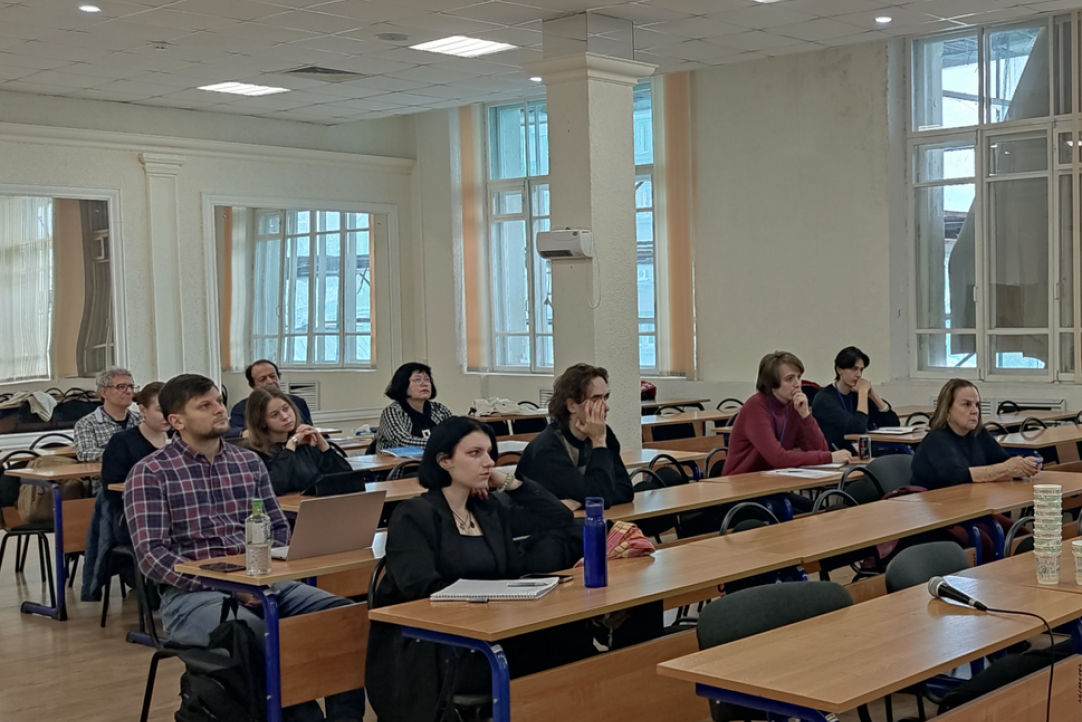
Bringing Maths and Philosophy Together: Russian-Brazilian Project Explores Logical Pluralism
In late October and early November, HSE University hosted the Autumn School on ‘Logic and Formal Philosophy’ and a conference on logical pluralism as part of a collaborative project uniting Russian and Brazilian philosopher-logicians and mathematician-logicians. The project’s leaders and participants, Elena Dragalina-Chernaya, Itala Loffredo D'Ottaviano, Marcelo Esteban Coniglio, and Evandro Luis Gomes, shared their insights about the initiative.

